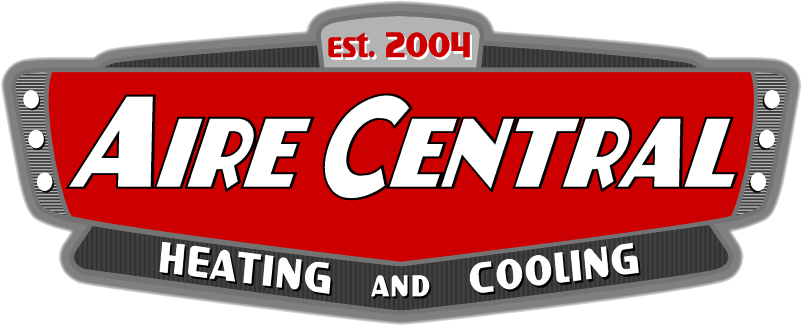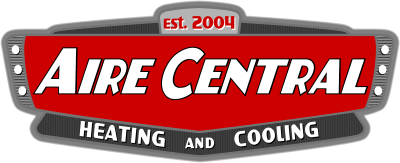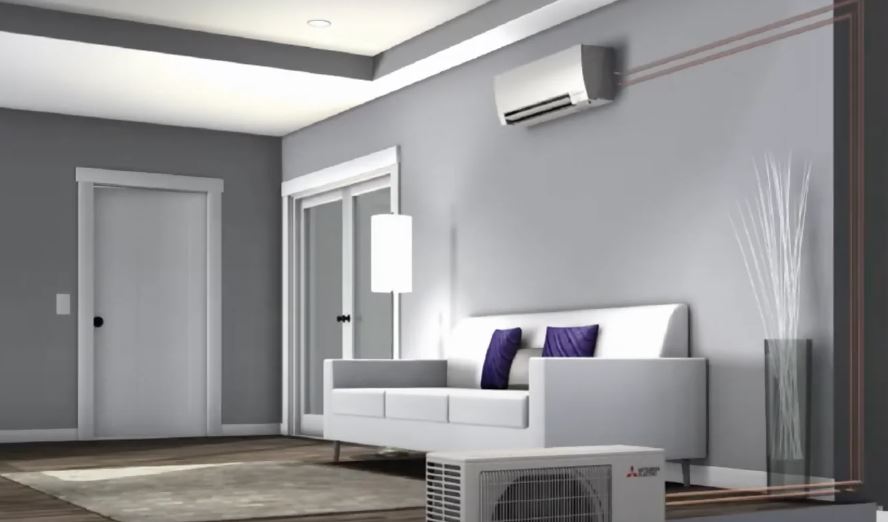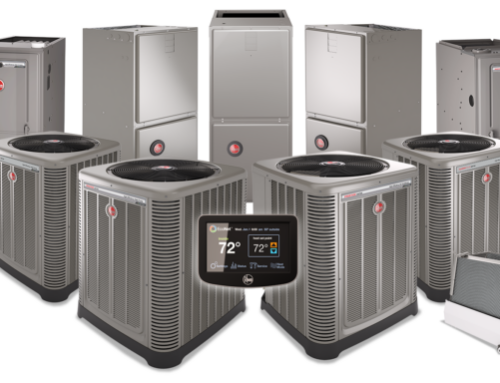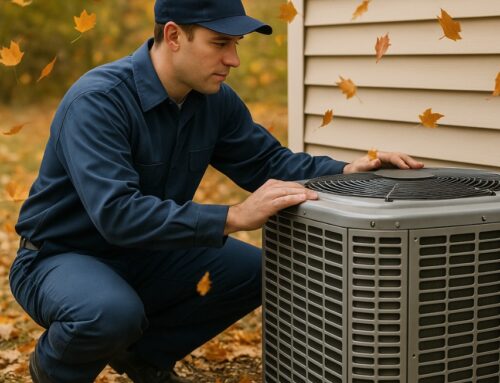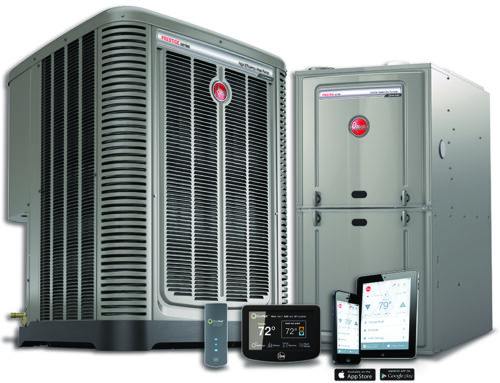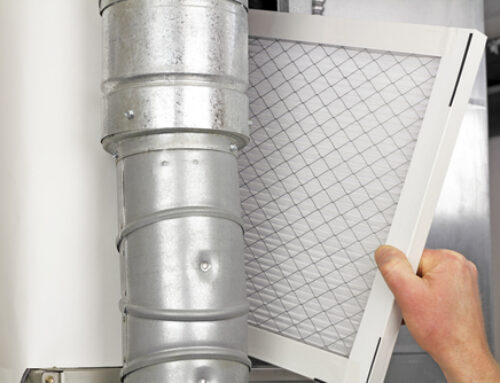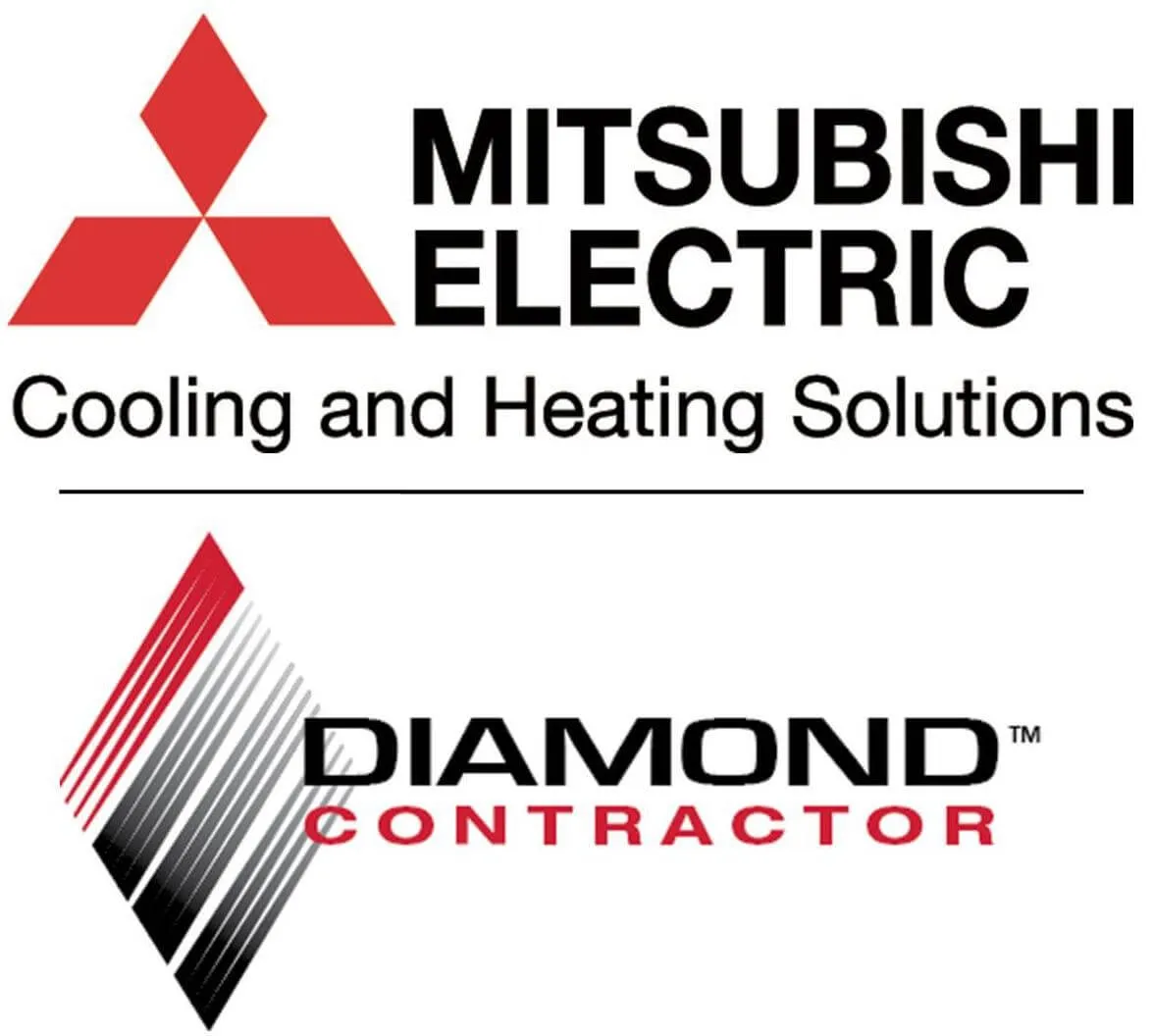As a homeowner or business owner in Snellville, GA, you’re probably familiar with the importance of having a reliable HVAC system. With hot and humid summers and chilly winters, it’s essential to have a heating and cooling system that can keep up with the changing weather patterns. Ductless HVAC systems, or mini-splits, have become increasingly popular in recent years as an alternative to traditional central air conditioning and heating systems. In this blog post, we’ll take a look at the pros and cons of ductless HVAC systems in Georgia to help you decide if they’re the right choice for your home or business.
The Pros of Mini-split Systems:
Energy Efficiency: One of the most significant advantages of ductless HVAC systems is their energy efficiency. Traditional central air conditioning and heating systems require ductwork to distribute air throughout your home or business. This ductwork can lead to energy loss as air leaks out through cracks and gaps in the ducts. Ductless HVAC systems avoid this problem by eliminating the need for ductwork altogether.
Zoning Capabilities: Another benefit of ductless HVAC systems is their ability to zone different areas within your home or business separately. Each indoor unit can be controlled independently, allowing you to adjust temperatures according to individual preferences.
Easy Installation: Installing a traditional central air conditioning and heating system can be a complicated process that requires extensive ductwork installation. Ductless HVAC systems are much easier to install since they only require a small hole drilled into the wall for each indoor unit.
Improved Indoor Air Quality: Traditional central air conditioning and heating systems can accumulate dust, dirt, and other allergens over time within their ductwork, which then circulates throughout your home or business when you turn on your system. Ductless HVAC systems eliminate this issue since there’s no ductwork involved.
The Cons of Mini-split Systems:
Upfront Costs: While ductless HVAC systems can save you money in the long run, they do come with a higher upfront cost than traditional central air conditioning and heating systems.
Aesthetics: Some homeowners or business owners may not like the look of the indoor units associated with ductless HVAC systems. While these units are much smaller than traditional air conditioning and heating units, they do still take up wall space.
Noise: Ductless HVAC systems can be noisier than central air conditioning and heating systems.
Maintenance: Like any HVAC system, ductless HVAC systems require regular maintenance to ensure optimal performance.
Ultimately, whether a ductless HVAC system is right for you depends on your specific needs and preferences.
If energy efficiency, zoning capabilities, easy installation, and improved indoor air quality are essential factors to you, then a ductless system may be the best choice. However, if upfront costs, aesthetics, noise level, or maintenance concerns are more important to you, then you may want to stick with a traditional central air conditioning and heating system. Regardless of which option you choose, it’s essential to work with an experienced HVAC contractor who can help guide you through the decision-making process and ensure that your new system is installed correctly and efficiently.
